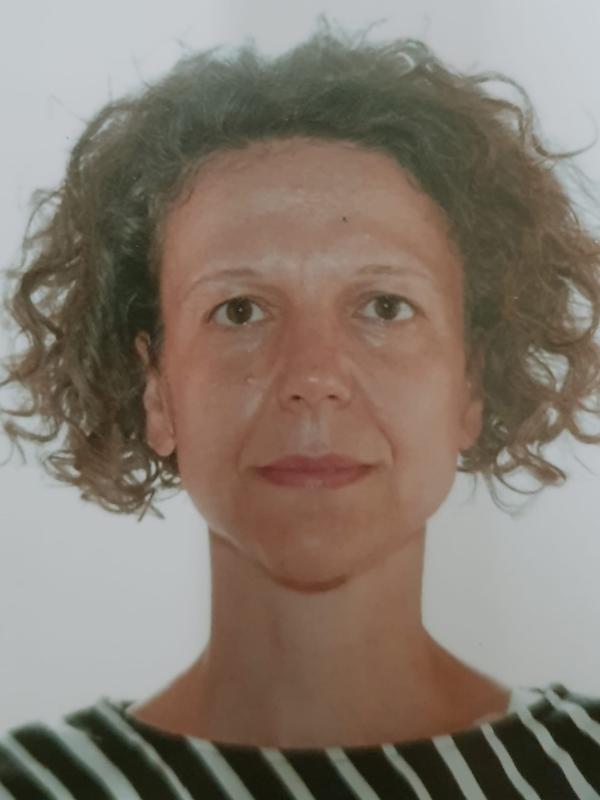Areas of Expertise
- Linguistic Anthropology
- Indigenous Language Revitalization
- Human-environment relations through a linguistic lens
- Language and Social Justice
Education
- 2013 - Ph. D. - Social Anthropology (focus on Linguistic Anthropology), University of Aberdeen
- 2009 - M.Res. (Master of Research) Social Anthropology (focus on Linguistic Anthropology), University of Aberdeen
- 1999 - 'Laurea' (B.A. and M.A. equivalent) Foreign Languages and Literatures (Major: Slavonic Linguistics), University of Pisa
Dr Laura Siragusa (PhD Anthropology, University of Aberdeen, 2013) is a linguistic anthropologist and sociolinguist with an interest in environmental and historical anthropology. Her research focuses on communicative practices in relation to the broader language ecology, which comprises political, economic, social and cultural dynamics. She has conducted research among Indigenous groups in Northwest Russia (namels, Veps and Sámi). She has investigated language revival movements, human-environment relations, and the materiality of language, among other relevant topics.

